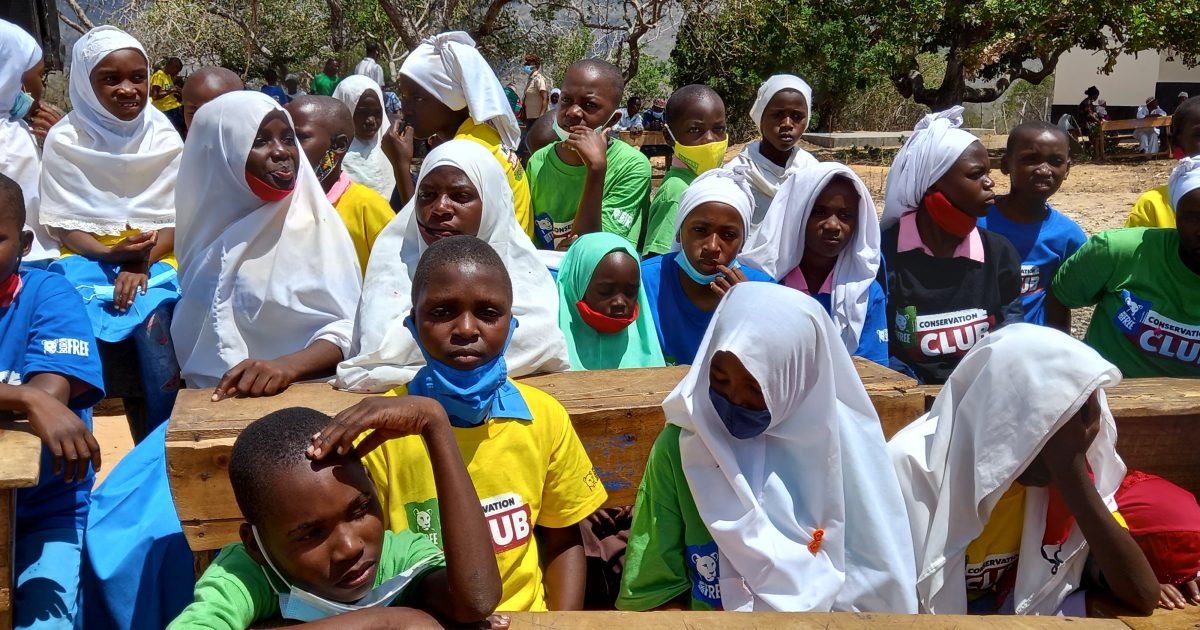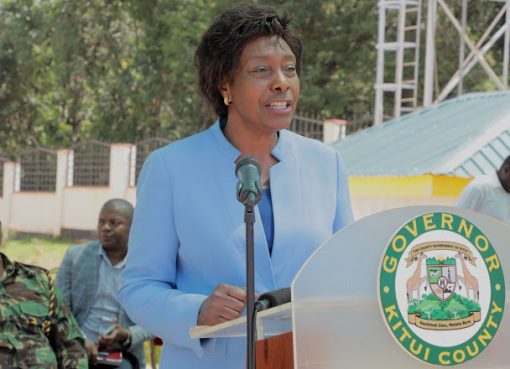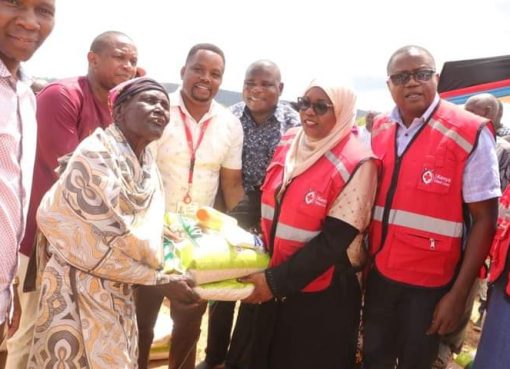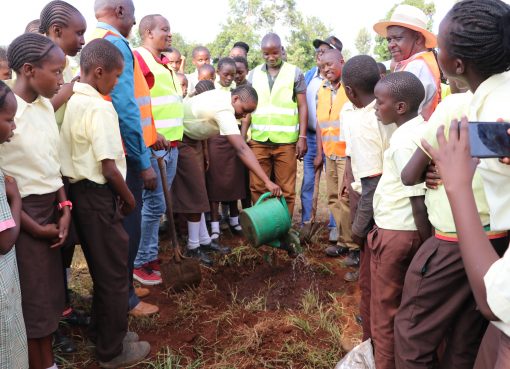The Competence-Based Curriculum (CBC) Infrastructure Development program has kicked off in Kwale County with the government ready to construct 129 classrooms spread across the coastal county.
The Government recently announced that more than 10,000 classrooms at a cost of Sh8.1 billion would be constructed across the country, ahead of the transition of learners from primary to junior secondary schools in the CBC shift.
Specifications guiding the program state that the cost of building a single classroom has been capped at Sh788, 000 with local contractors targeted to benefit and therefore being encouraged to submit their bids.
Kwale County Commissioner (CC) Gideon Oyagi, speaking to KNA in his office over the CBC program said, Matuga Sub-County has been allocated the highest number of classrooms at 47.
He further noted that Lunga Lunga Sub-County will get 26 classrooms, followed by Msambweni at 24, Kinango 16, and the newly created Samburu subs-county getting 16.
Oyagi disclosed that the construction works for the additional classroom are set to begin anytime and scheduled for completion by April next year.
“We are finalizing the recruitment of local constructors at the sub county level to do the work and hope everything shall be processed as soon as possible,” Oyagi said.
The CC noted that the tendering process is ongoing and already a hundred local contractors have submitted their application and soon they will be notified of the outcome.
He insisted that the tenders will be awarded to local contractors as directed by President Uhuru Kenyatta and help create employment opportunities for the local people.
Oyagi said 87 schools have been identified to benefit from the extra classrooms with both national and county schools receiving 3 classrooms each.
“The distribution of the classrooms is done according to the type of schools. National schools have many students and we expect them to have the largest share compared to day secondary schools,” said Oyagi.
The administrator said the 100 % school transition policy by the government is on course as chiefs and their assistants are tracking down parents who have defied the government directive to send their children to school.
Oyagi said every child has the right to basic education and that the authorities will not relent in ensuring that children have access to primary and secondary level of education.
He said local administrators on the ground will make a follow-up with school heads to identify defiant parents.
“We have made some arrests and we shall extend our arms to every corner of this county. Parents should know that educating their children is their top responsibility” he said.
He added that education stakeholders are working on a follow-up program targeting pupils who joined schools following the 100% transition drive.
He said that a follow-up program will help deal with errant parents who are not willing to take their children to school.
“There are some irresponsible parents who are not willing to pay school fees for their children, but we are on top of the situation and will not relent until all school going age children are in class,” he said.
Oyagi at the same time urged parents to send their daughters to school and discard the outdated culture of not sending girls to school which has locked many girls out of employment opportunities both in the government and the private sector.
The CC called on parents to value the education of girls by giving them an equal chance with boys to join primary and secondary schools and acquire education.
He said it is illegal to stay with children at home after the government introduced compulsory free primary and secondary education.
Last week, education stakeholders in the county launched a new drive to get out-of-school children back to class.
The operation dubbed, come to school, is a joint initiative by the Government of Kenya and UNICEF targeting children in 16 counties where they are most at risk of dropping out of school.
The program brings on board the stakeholders in the Ministry of Education, Ministry of Interior, and Coordination of National Government, and the State Department of Children.
According to research conducted by UNICEF in 2020, over 18,000 primary school pupils in the coastal county have terminated their learning, thus urging the government to intervene and rescue the children.
By Susan Tsuma and Hussein Abdullahi





